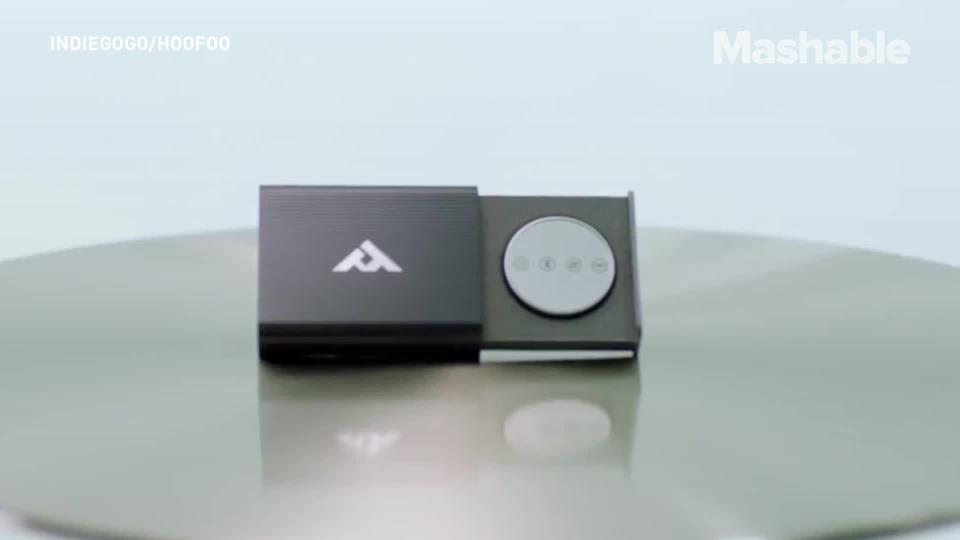Sikur turned a Sony smartphone into a cryptocurrency vault

If you need to carry a substantial amount of cryptocurrency on you at all times, but you just don't trust the average smartphone, a company called Sikur might have a solution.
On Wednesday, Sikur launched the SIKURPhone, a customized variant of a Sony smartphone, its Android enhanced with the secure, crypto-oriented SikurOS software.
SEE ALSO: Cryptocurrency exchange claimed it was 'practically impossible' to hack. It was hacked.
SikurOS comes with a cryptocurrency wallet and numerous security-oriented features, such as the ability to remotely wipe the device, and Sikur's own Secure App Store (launching later this year) which should host only vetted and thoroughly checked apps. A security-oriented chat app and browser are also on board.
The phone comes in two flavors: One is based on Sony's XZ1, a 5.2-inch smartphone with a Snapdragon 835 chip, 4GB of RAM, 64GB of storage, a 2,700mAh battery and a 19-megapixel camera on the back paired with a 13-megapixel selfie camera.
The other is based on Sony's mid-range XA2, which has a Snapdragon 630 chip, 3GB of RAM, 32GB of storage, a 23-megapixel rear camera, and 8-megapixel selfie camera, and a 3,300mAh battery.
Neither of these devices are particularly new — Sony launched two more XZ-series flagships after the XZ1 — but their specs are still good enough to hold their own against most modern phones.

Image: Sikur
If you've followed Sikur over the past couple of years, this launch is probably quite confusing. The company's original SIKURPhone, launched in February 2018, had both its hardware and software built by Sikur. Now, the company appears to have pivoted to building only software which it will deploy on phones made by other manufacturers.
To build the new, Sony-based SIKURPhone, Sikur joined Sony's Open Devices Program, which allowed the company to built its software on top of Sony's hardware, the company COO Alexandre Vasconcelos told me via e-mail.
"We are already talking to other manufacturers to port the SikurOS for other devices," he said.
In its promo materials, Sikur claims that the pivot to software is an advantage, but one could argue that controlling both the hardware and the software can ensure better security. Furthermore, using a Sikur device to store your cryptocurrency, or any sensitive data (Sikur positions the device as a tool for businesses and governments, not just crypto users) means placing trust in a very young company to be able to protect it.
To test the security of its software, Sikur employed the penetration testing company HackerOne which, according to Sikur, was unable to penetrate the SikurOS' defenses.
"SIKURPhone has a clear separation between hardware and software layers, the solution is very consistent. Even though the hardware/software layers are apart, we plan to run a permanent bounty program so that we keep the high-quality product level," Vasconcelos said.
The new SIKURPhone devices are already available with Sikur resellers. The recommended price for the XZ1 is $850, while the XA2 costs $650.
As for the original SIKURPhone, it's still out there and supported for existing customers. "A new version should be available in mid-October, following the same software features that the SIKURPhone is delivering now," Vasconcelos said.
UPDATE: Sept. 26, 2018, 10:44 a.m. CEST The post has been updated to clear up the confusion between the original SIKURPhone, the new SIKURPhone and the GranitePhone, an earlier Sikur device.
WATCH: This bitcoin wallet claims to be hack-proof


